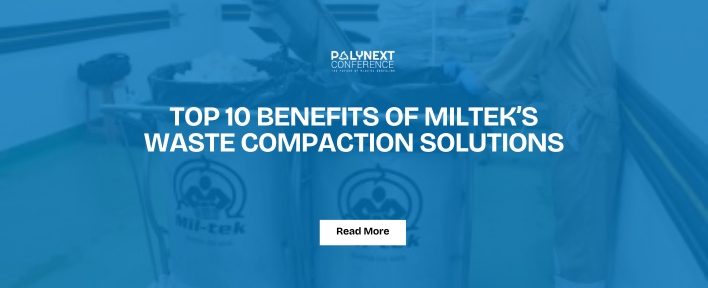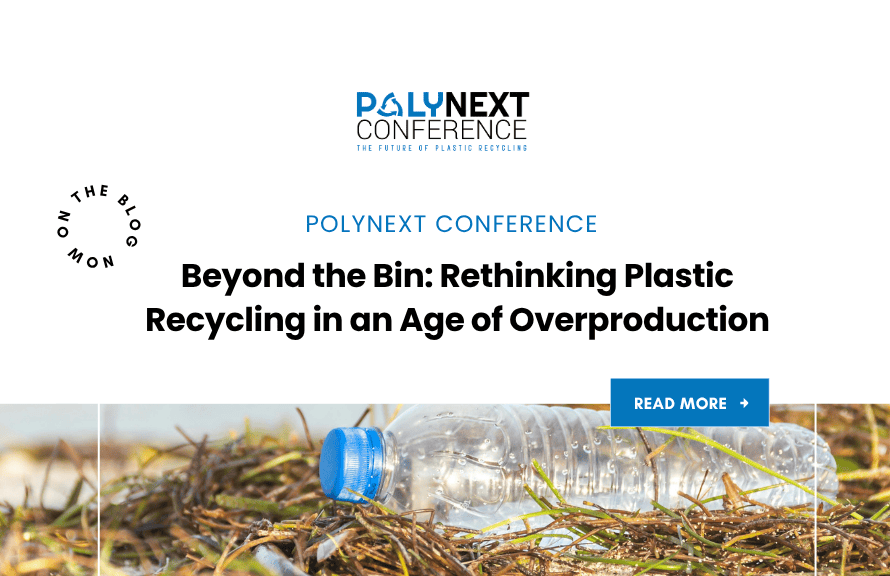Plastic waste has become one of the most pressing environmental challenges of our time. With over 300 million tons of plastic produced annually, much of it designed for single-use, the impact on ecosystems, wildlife, and human health is staggering. However, there are actionable steps individuals, businesses, and governments can take to reduce plastic waste and move towards a sustainable future.
Reduce and Reuse
The most effective way to combat plastic waste is to prevent its creation. Simple changes in daily habits can make a significant difference:
Opt for reusable items like cloth bags, water bottles, and containers instead of single-use plastics.
Repair and maintain plastic products to extend their lifespan.
Donate or sell unwanted plastic items rather than discarding them.
Recycle Responsibly
Recycling is another critical step in managing plastic waste:
Understand local recycling guidelines to ensure proper disposal.
Organize community recycling drives to increase participation.
Purchase products made from recycled plastics to support the circular economy.
Innovative Approaches
Businesses and manufacturers can adopt advanced technologies to minimize waste:
Use bioplastics made from renewable materials like cornstarch or wood chips.
Implement minimum waste generation technologies like 3D printing and closed-loop systems in manufacturing.
Explore chemical recycling techniques to break down plastic waste into reusable raw materials.
Circular Economy Mindset
Adopting a circular economy approach can help reduce reliance on plastics:
Focus on designing products for reuse and repurposing.
Embed strategies like the 5 R’s: Refuse, Reduce, Reuse, Repurpose, and Recycle.
Encourage producers to take responsibility for the end-of-life of their products through Extended Producer Responsibility (EPR).
Policy and Advocacy
Governments play a crucial role by enforcing regulations on single-use plastics and promoting alternatives. Policies that incentivize sustainable practices, impose bans on harmful plastics, and invest in waste management infrastructure can drive significant change.
Individual Creativity
At home, repurposing plastic waste into DIY projects like bird feeders, storage containers, or plant pots can extend its life while reducing environmental impact. Schools and communities can run eco-craft workshops to encourage such creativity.
Conclusion: Shaping the Future with Innovation
Curbing plastic pollution requires consistent efforts from all sectors. Events like PolyNext 2025, an upcoming global forum on plastic sustainability, innovation, and policy, aim to bring together leaders, innovators, and changemakers to share ideas and solutions. By supporting such initiatives and making conscious choices every day, we can protect our planet and build a more sustainable future.
References
EPA:What You Can Do to Reduce Plastic Waste
Manufacturing Net:6 Proven Plastic Waste Reduction Strategies





